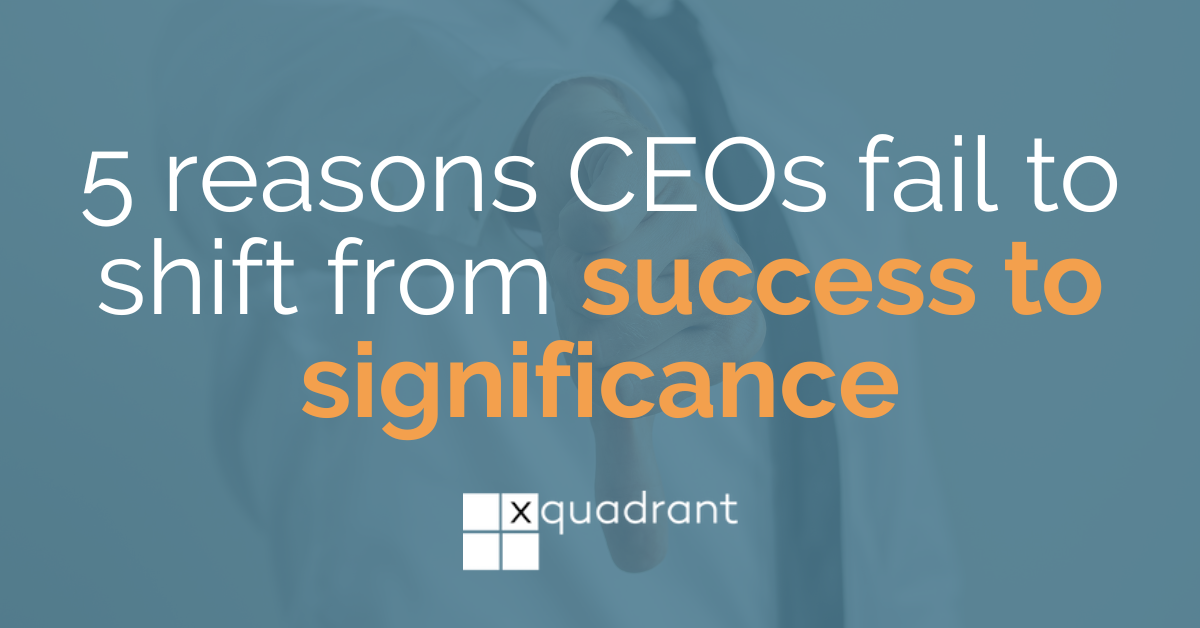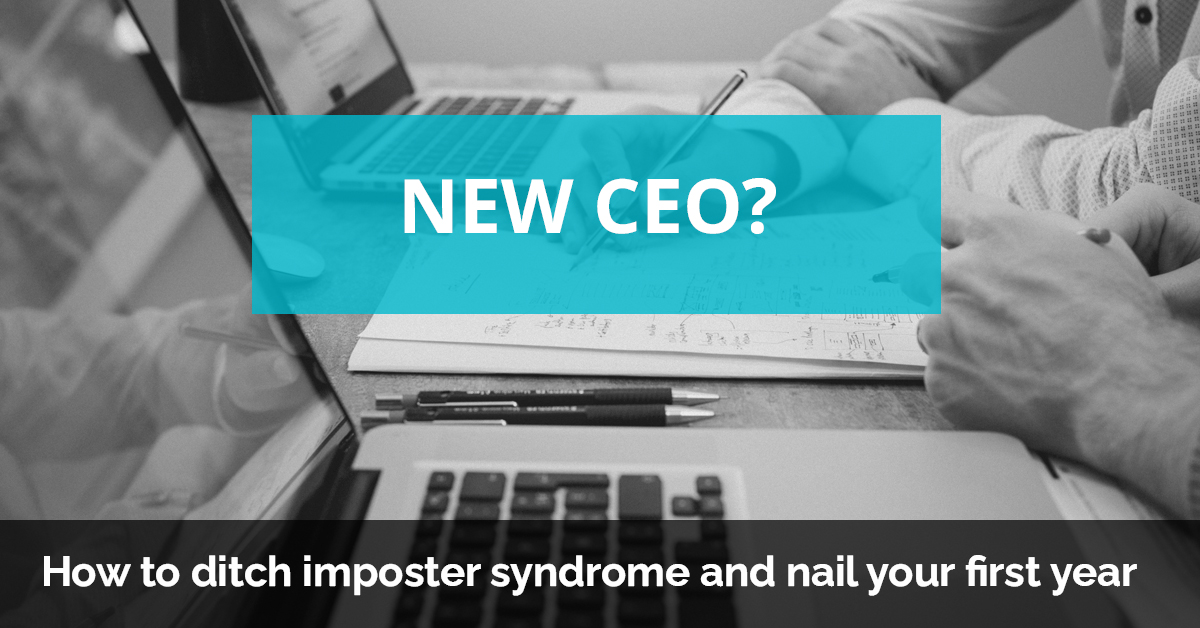You can glean quite a bit of valuable information by listening to podcasts today. There are over a million that span a broad range of topics and interests, some of which contain advice for busy executives offered by experts in their fields. But the concept of listening to experts, and generally other people, is not novel. In fact, a 1957 Harvard Business Review article recommended companies implement programmes to enhance listening among their employees:
Build up a library of spoken-word records of literature, speeches, and so forth…and make them available in a room that has a record player. Also, lend the records to employees who might wish to take them home to enjoy them at their leisure.
More...
Fast-forward 63 years. Podcasts have replaced records and we are now more keenly aware of what can be learnt through listening. This is not only in terms of learning to review and summarise talks but also in informing our perspectives on leading complex organisations.
There are additional benefits of podcasts for perpetually busy executives who often multitask already. The recordings can be accessed at your convenience, and the topics cover relevant areas like leadership, organisational structure, and strategies for encouraging employee autonomy. To sum, podcasts allow executives to select what they want to listen to, as well as the freedom to choose when to plug-in and listen.
With more than a million podcasts being produced today, and a fair amount directed for CEOs, it would take a dedicated and permanent research staff to review all the podcasts in this niche. In this article, which will be a growing resource, we review several podcasts that will inspire and inform highly accomplished chief executives running substantial organisations.
Before we start, a disclosure. I'm wary of listicles that describing themselves as ‘the best.’ First, they are rarely accompanied by a framework that helps me understand the basis of the ‘best’ rating. Second, the term is relative, and it suggests that everything in the category was evaluated.
So to avoid this cliché, so rather than "best CEO podcasts" perhaps we should refer to the podcasts listed here as noteworthy, meaning they are informative, engaging, and provide a fresh perspective on the challenges faced in the C-suite.
We used four criteria to filter for “best CEO podcasts"
I set out to understand several elements of podcasts, each listed below. In addition to capturing descriptions and ratings of the shows and biographies of the hosts, I wanted to sense the feel of the productions as well. To do this, I listened to two to three episodes of each podcast to gain the following insights:
The challenge was finding shows that were engaging and informative with respect to people, organisations, resource allocation, and a range of decisions you make daily. Below are just a few that fit the bill.
HBR Ideacast
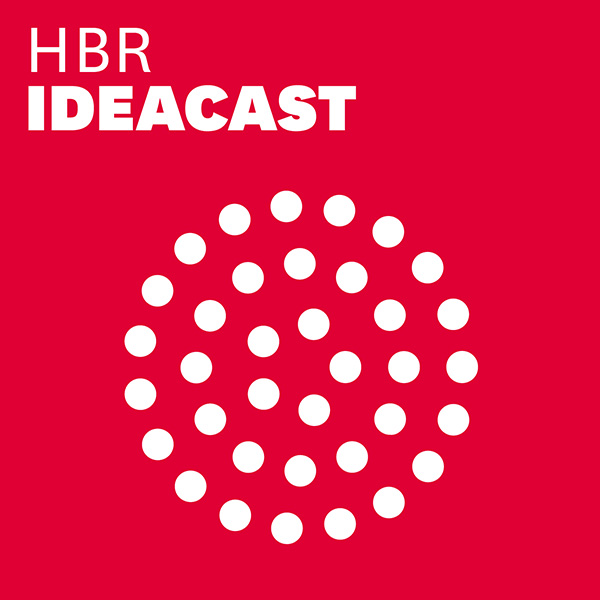
Overview: Hosted by Alison Beard and Curt Nickisch, HBR Ideacast is a weekly podcast that features leading thinkers in business and management. Beard and Nickisch, both senior editors of the Harvard Business Review. The hosts interview guests on topics such as company organisations, remote negotiating, and leadership. Transcripts are available for each of the 30-minute episodes, giving listeners a choice of reading or listening.
Summary: A thoughtful, engaging CEO podcast that offers real depth of insight.
Fit with our "best CEO podcasts" criteria:
Below is an excerpt from the episode, Breaking Down Bureaucracy and Building Up Workers. It consisted of an interview with co-authors Gary Hamel and Michele Zanini, who wrote Humanocracy: Creating Organizations as Creative as the People Inside Them. The show focused on company impediments to worker empowerment and productivity.
Hamel: …in virtually every organisation you see that power trickles down, authority is a function of rank… It creates organisations that are inertial, that are incremental, that are insular, that are conservative…
Nickisch (interviewer): What does an employee look like in a human-centered company?
Hamel: I think [they look like] employees who feel like [they are] owners. So if you go inside of Haier, [a company profiled in the book], it divided an 80,000-person organisation into 4,000 micro enterprises…but if you go inside those micro enterprises, what you discover there is people who think and act like owners.
Hamel suggests that workers should be organized in ways that allow them to feel empowered, and that breaking them into small units is a way to accomplish this. Actionable insights like this exist across the 300 plus episodes of the podcast.
The CEO Edge Podcast
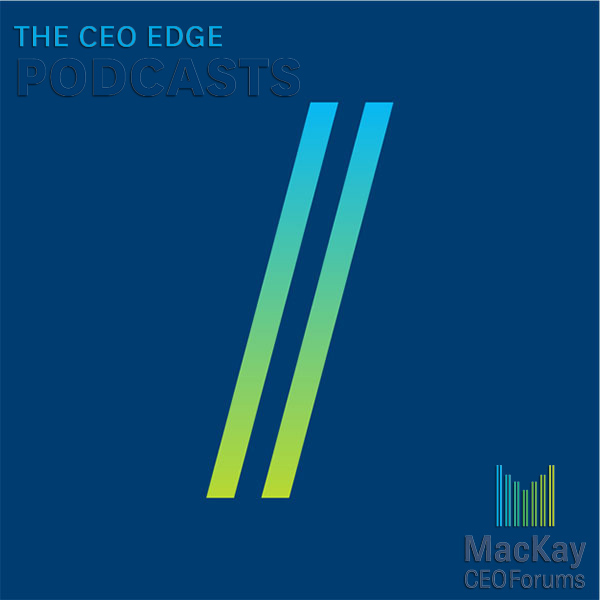
Overview: Hosted by Dr. Nancy MacKay, CEO and Founder of MacKay CEO Forums, The CEO Edge Podcast aspires to “populate the world with inspiring leaders” that have a skill in “time mastery.” These are leaders, she says, that require “shortcuts for learning from successful peers.”
Summary: Extremely relevant content, so a noteworthy CEO podcast despite the stylistic shortcomings.
Fit with our "best CEO podcasts" criteria:
Here are some noteworthy podcasts for CEOs or other senior execs. What else would you add to the list?
What CEOs Need to Know about Leading Virtual Meetings featured Mike Milburn, who is President of 3D datacomm. Milburn remarked that in the age of COVID-19, “CEOs should become so adept at the virtual technology that they should be leading by example.” Such examples include: being seen by their staff by using the camera on their computer, using the headset so background noise in the house is not picked up, ensuring all microphones are muted, including an agenda that attendees can see on screen, and ensuring meetings are no longer than 45 minutes. He added that people simply cannot sit attentively in front of a screen longer than that time.
Milburn’s comments exemplify the show’s value to executives now that many companies are no longer operating in-person due to the pandemic. A drawback of the podcast is it sounds as if it is recorded over the internet, rather than in a professional studio. The audio quality is just not as clear and crisp as that of HBR Ideacast, but hearing it is not a problem.
The Tim Ferriss Show
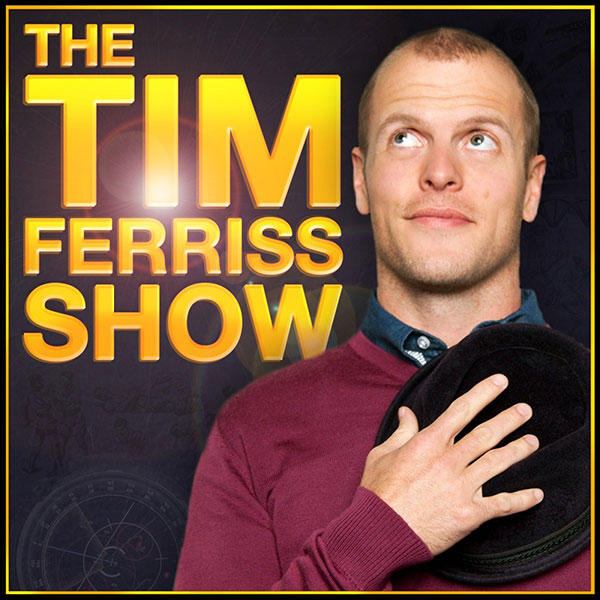
Overview: With a degree from Princeton University and a specialty in East Asian Studies, Tim Ferris speaks five languages. He is also the author of New York Times and Wall Street Journal Bestsellers. Referred to as the “Oprah of audio” because of its reach, Ferriss’ podcast was the first in the business/interview category to exceed 100 million downloads. The show focuses on providing perspectives on leadership and growth through interviews and storeys.
Summary: High-energy episodes from a hugely successful author, through the length of each episode may deter all but the hardened commuter!
Fit with our "best CEO podcasts" criteria:
The Impact Multiplier CEO Podcast
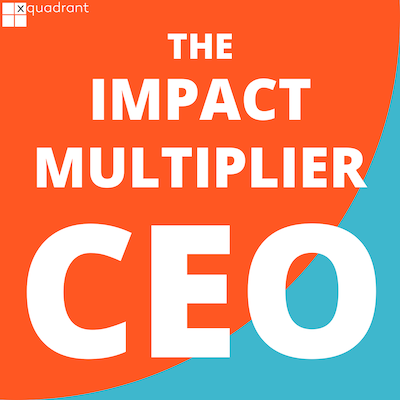
Overview: The Impact Multiplier CEO Podcast is specifically for CEOs - or those who think like CEOs - to maximise and multiply the impact that they have. By impact, we mean positive impact on the world, impact on the business and impact on the team.
It's our very own podcast (so yes, this is a shameless plug) and we believe it fills a niche in the CEO podcast space by its focus on strategy, leadership and purpose, it's awareness of the impact of tech and digital, and the blend of content and interviews that shakes up the format.
Summary: We're biased, but believe The Impact Multiplier CEO Podcast is a lively, thought-provoking and positive show that offers fresh ideas and their practical implications for leading at a higher level.
Fit with our "best CEO podcasts" criteria:
Season 1 dives into the five Impact Multipliers and provides a good overview of the approach. Season 2 switches to an interview format, with Richard interviewing top CEOs from a variety of impressive companies to identify the "leadership lessons for challenging times" resulting from the COVID-19 pandemic. Season 3 covers how to build high-performing leadership teams.
“Best” CEO Podcasts: A Summary
All the podcasts reviewed here are informative for busy CEOs, often seeking a fresh perspective on the problems they face as heads of their companies. The hosts’ presentation styles vary so your ability to stay engaged may differ accordingly. Choose the style that works best for you as what you learn depends on your engagement with the presentation.
This is a small sample of the best CEO podcasts, but the plan is to build on this in the months ahead and add more noteworthy shows to the list.
The reviews of each podcast do leave you with some insight on what you can expect should you decide to tune in. As you do, be sure to scroll through some of the older episodes of each. A treasure trove of thought-provoking information spanning a broad range of organisational, technological, and human resource matters awaits.
Happy listening!

